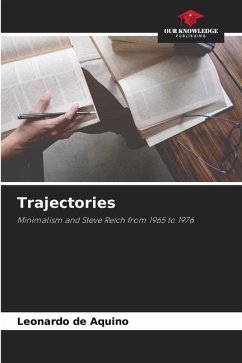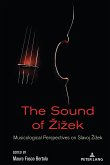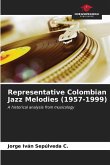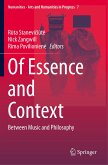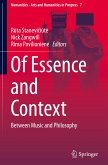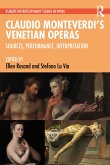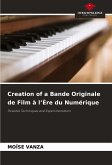This paper focuses on the early production of Steve Reich (1936) and investigates his relationship with the aesthetic assumptions of what is understood as minimalism of the 1960s, considering historical aspects and creative procedures along with its theoretical discourses. The pieces Reich composed between 1965 and 1976 are representative of the composer's trajectory, for they present in one pole more radical procedures, originating from his experiments with tape recorders - Come out (1966), Piano phase (1967), Pendulum music (1968) -, and, on the other pole, pieces for large groups and several instruments - Music for mallet instruments, voices and organ (1973) and Music for 18 musicians (1976) - that distance themselves from the aesthetics of "music as a gradual process" as exposed by the composer himself in a homonymous text (1968). In this musical trajectory, historically associated to minimalism, the changes in the methods and compositional procedures employed by Reich raise questions that allow us to problematize this direct relationship between the American composer and the minimalist aesthetic, placing him at the crossroads between modernism and postmodernism.
Bitte wählen Sie Ihr Anliegen aus.
Rechnungen
Retourenschein anfordern
Bestellstatus
Storno

